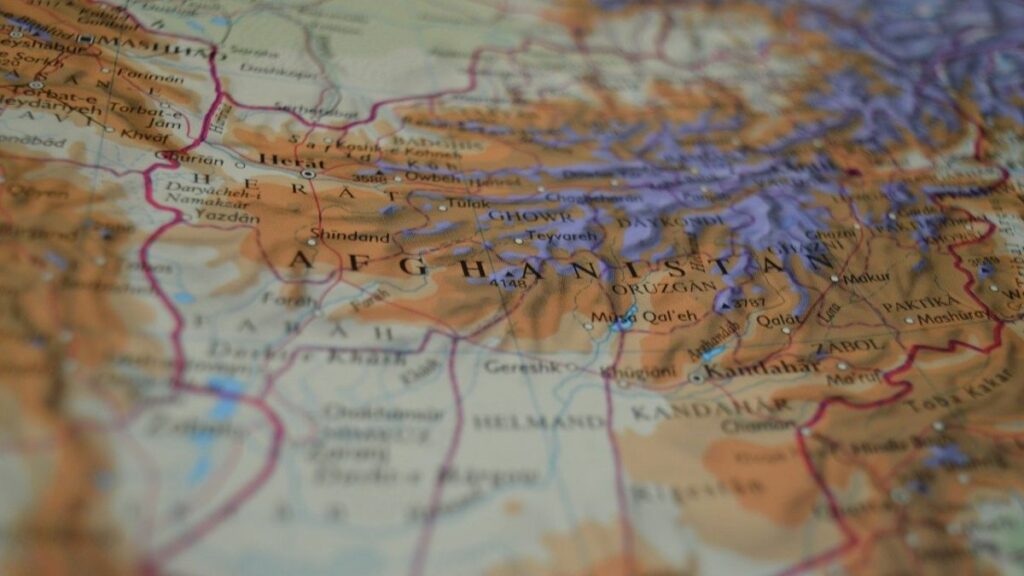The collaborators of the previous government in Afghanistan are not the only ones whom the Taliban is targeting; religious minorities are also at risk. As reported by Carlo Fidanza, Member of the European Parliament (MEP) for Fratelli d’Italia and co-chairman of the Parliamentary Intergroup on Freedom of Religion or Belief and Religious Tolerance, the situation is extremely worrying. “Even before the American withdrawal from Kabul, these minorities found themselves professing and living their religions in a hostile environment, and now they are at risk of being subjected to serious violence by the Taliban,” he says.
The appeal
Fidanza sketched a picture of the Afghan situation, recalling that there are about 10,000 Christians there, “many of whom are ‘guilty’ of having converted from Islam” which, according to Sharia law, is “a crime punishable by death”. Many Christians are forced to emigrate to neighboring countries, such as Pakistan. By doing so, they are going from the frying pan into the fire since in Pakistan, as the MEP recalls, “the law against blasphemy claims new victims among Christians every day”. Fidanza has called on the EU Commission to take action to protect them by giving the Special Envoy on the Promotion and Protection of Freedom of Religion or Belief Outside the EU, Christos Stylianides, a strong mandate. So far, the MEP notes, the attention which the international community has paid to the situation of Christians has been totally insufficient.
The relativism of the Left
“Unfortunately, I would say that the lack of attention is not only with respect to Afghan Christians, but Christians in general,” Fidanza explained to iFamNews. “There is indignation for a few hours at the news of some massacre of Christians, or some priest killed or a church burned, but then nothing is done. It’s as if the West considers these communities as something separate from itself, and not a part of our own culture and civilization”. Fidanza stressed that “a relativist ideology prevails that wants to expel faith from the public dimension and leads politics to be timid towards regimes that violate religious freedom on a daily basis.” The demonstration, he adds, is offered every day by the European institutions: “The groups on the Left–Liberals, Greens and, it is unfortunate to say, often the Popular Party as well–pretend not to see and not to know that the genocide of Christians is the greatest genocide currently taking place in the world.”
The hypocrisy
Fidanza highlights the hypocrisy: “In progressive rhetoric, new rights such as migrating from one’s own nation to another, imposing ‘gender dictatorship’ on our children, allowing surrogacy and free abortion, become inalienable human rights. However, when it comes to protecting cultural and religious identity, the family and national affiliation, then everything changes and nobody cares.”
A dialogue with the Taliban?
Fidanza therefore calls for immediate intervention, but excludes the possibility of dialogue with those who currently hold power in Afghanistan; namely, the Taliban. “As I have said many times, I think that talking about ‘dialogue’ while summary executions and house-to-house manhunts continue is irresponsible,” he says. “The international community must place stringent conditions on the Taliban before sitting down at any negotiating table for any recognition of their government… The hope of an inclusive government has already vanished: we need at least adequate guarantees about the respect for women and ethnic and religious minorities, and the end of any reprisal against those who do not think like them.” “Unfortunately,” Fidanza adds, “the precipitous and dramatic end of the military presence reduces the West’s negotiating power and this is the tragic mistake of US President Joe Biden.”
Humanitarian corridors
For Fidanza it is necessary to make the Taliban understand that on the issues of respect for women and religious minorities there are no negotiations. “The solution being bandied about today is ‘humanitarian corridors’. I would like to say that not only are they not a sustainable option, but they would be yet another defeat because Afghans–among them Christians and women–must be free to live peacefully in their homeland without being forced to emigrate.” Fidanza expects the European Council, G7 and G20 to come up with “new and realistic solutions that do not include a mass evacuation from Afghanistan.”
